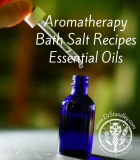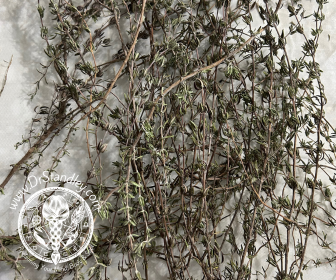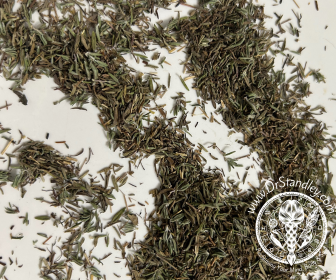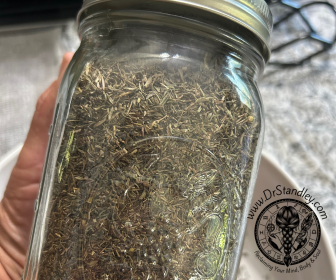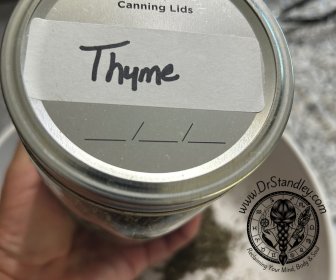
|

|
| Bach Flower Remedies |
Amino Acids A-Z |
Antioxidants A-Z |
Herbs A-Z |
Herbal Preps |
Minerals A-Z |
Vitamins A-Z |
|
|
 |
|||||
THYME(Thymus vulgaris)
DESCRIPTION: Thyme is a powerful antiseptic and a general tonic. Thyme contains B-complex, Vitamins C and D and also contains a lot of iodine, some sodium, silicon and sulphur. Thyme is part of the mint family and is a perennial herb. It is available year round and has been used for its culinary, aromatic and medicinal properties. POTENTIAL BENEFITS: It is used in cases of anemia, intestinal problems and bronchial conditions. It is also used as an antiseptic for tooth decay. Thyme destroys fungal infections in athlete's foot. It also works on skin parasites such as lice and crabs. Thyme has been used for flu, cough, and breathing problems (bronchospasm and bronchitis). Thyme is used in natural medicine to relieve respiratory problems like coughing, bronchitis and congestion in the chest. Also, it helps treat arthritis, diarrhea and stomach pain. POTENTIAL SIDE EFFECTS: Thyme oil may lead to dizziness, vomiting and sometimes shortness of breath. Thyme, when used for cooking, has no known side effects. If you experience an allergic reaction to Thyme, seek medical attention. PARTS USED: Leaves, volatile oil, flowers GENERAL USAGE: Cooking, relieves respiratory problems and boosts immunity, lowers cholesterol PICS BELOW: Picked fresh from my garden, dehydrated and preserved in a mason jar with a desiccant packet to absorb any possible moisture Link to my Amazon Shop - DrStandley
When using the Amazon Store Front links to any products I mention I earn a small commission at no cost to you.
DISCLAIMER **This web site's goal is to provide you with information that may be useful in attaining optimal health. Nothing in it is meant as a prescription or as medical advice. You should check with your physician before implementing any changes in your exercise or lifestyle habits, especially if you have physical problems or are taking medications of any kind. |
| 314.420.5099 |
| Questions regarding this site: webmaster@drstandley.com |
| Copyright 1999-2026: Dr. Loretta J. Standley - All Rights Reserved. |





